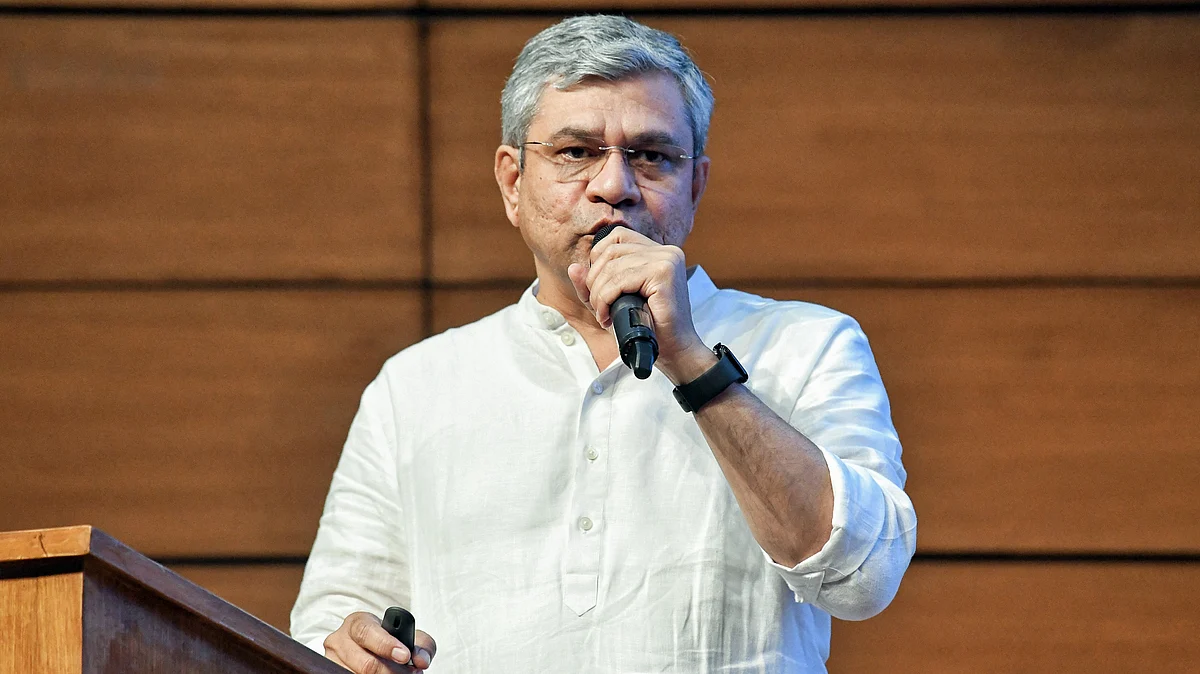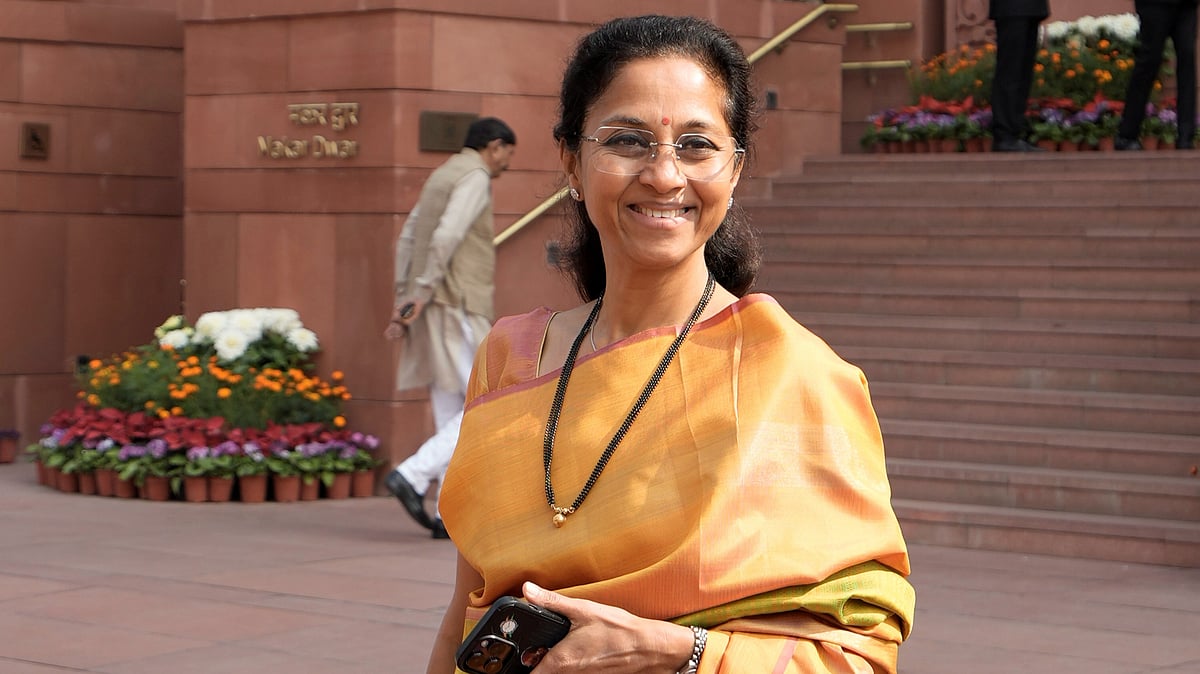We are a generation of multitasking. So much to do, and so less time. It was once considered that science and technology would ease our lives and make work more productive and efficient. We will have more time to spare. But, let us do a reality check. It looks like with more technology and speed, work has become more hectic and we seem to be stuck in work mode. Be it personal or professional lives, there is so much to do, in so little time.
We start many activities, but are not able to complete those. Be it an educational course that we enrolled for, reading a book, a project we got involved with — many leave tasks midway. We begin with enthusiasm, but lose our interest along the way. Very few people are good at completing the work they have started.
So, is there a way to ensure that we finish what we have started, that too successfully? Yes. Chanakya shows us the way...
He says:
“Activity is that which brings about the accomplishment of works undertaken." (6.2.2)
So, first things first. Many think activity means some action or movement. Hence, if someone says, “That person is very active….” it means he or she is not lazy and seems to be moving around a lot. Chanakya would disagree with this. He said, activity is that which once started is also completed. Only then it is called a real activity. Otherwise, it is just action or movement. So, let us see how we can practice this.
1. The objective has to be clear
Before we take up any work, think about what is expected from you. What is the work all about, what is the time frame of completing the task? What resources are required? The more you plan in detail, the better is the clarity about the work to be undertaken.
It is said in the Indian armed forces, “The more you sweat in times of peace, the less you bleed in times of war”. Yes, planning is critical before you start any project or assignment. “Begin with the end in mind,” said Stephen Covey, the author of the management classic, The Seven Habits of Highly Effective People. Once our objective or end goal is clear, it is easy to focus on the process.
2. Start doing it
It is important to note that once you plan, put your plan into action. That is important. And then once you start, there will always be obstacles as well as distractions. Imagine you wanted to read a book, either your mind will wander or an external disturbance will take place.
Today, social media is the biggest distraction. It takes your mind away from the current task at hand. And it takes a lot to focus on the task again. Therefore, it is important to make sure you come back to the work at hand. Even if you do get distracted, it is fine. But come back and focus again. Slowly your mind will get trained. And self-discipline will be developed.

3. Take help from others
Many times, when we start anything, it is a lonely journey. If you want, you can take help from others. In my case, I take a lot of help from others in every task. It has two benefits: Even if you forget, others will remind you. Also, it is a matter of commitment to complete the task when you have spoken about the work with others.
For example, when I write books, my publishers and editors are involved. They help and push me as well. In fact, my wife is my biggest supporter. She will keep asking me, “So what is the status of your book. When is it getting complete?”
Such reminders help me push myself and complete all the projects that I undertake. And we need to schedule our work.
Also very important: Keep notes about all the work you undertake. And keep ticking off each task once it is complete. Then move on to the next task. Work will never stop. New assignments and projects will keep coming in. But as it is said, “It is not important how many new projects you start, but how many you completed.”
(The writer is Founder Director of Chanakya Aanvikshiki Pvt Ltd, a best-selling author and an expert on Chanakya’s teachings. He can be followed on his twitter @rchanakyapillai)










